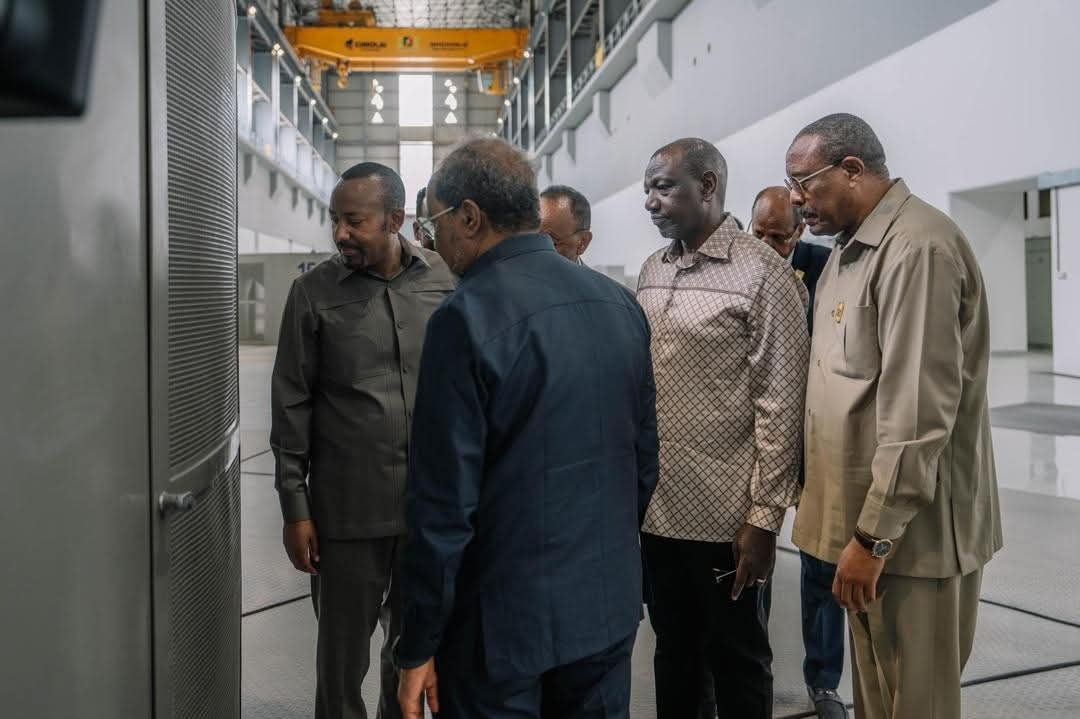Climate change in today’s world is a critical and urgent issue characterized by rising global temperatures, shifting weather patterns, and increasing frequency and intensity of extreme weather events such as hurricanes, droughts, floods, and wildfires. Human activities, particularly the burning of fossil fuels, deforestation, and industrial processes, are primary drivers of the increased concentration of greenhouse gases like carbon dioxide (CO₂) and methane (CH₄) in the atmosphere.
The impacts of climate change are wide-ranging and affect ecosystems, agriculture, water resources, and human health. Melting glaciers and ice caps contribute to rising sea levels, threatening coastal communities worldwide. Additionally, climate change exacerbates social inequalities, disproportionately affecting vulnerable populations.
Efforts to address climate change include international agreements such as the Paris Agreement, which aims to limit global warming to well below 2°C above pre-industrial levels. Countries, organizations, and individuals are increasingly adopting renewable energy sources, promoting energy efficiency, and implementing policies to reduce greenhouse gas emissions.
Despite these initiatives, significant challenges remain due to economic dependencies on fossil fuels, political resistance, and the need for technological advancements. The path forward requires global cooperation, innovation, and a concerted push towards sustainable practices to mitigate the worst effects of climate change and adapt to its impacts.
Jigjiga News
Info@jigjiganews.com





